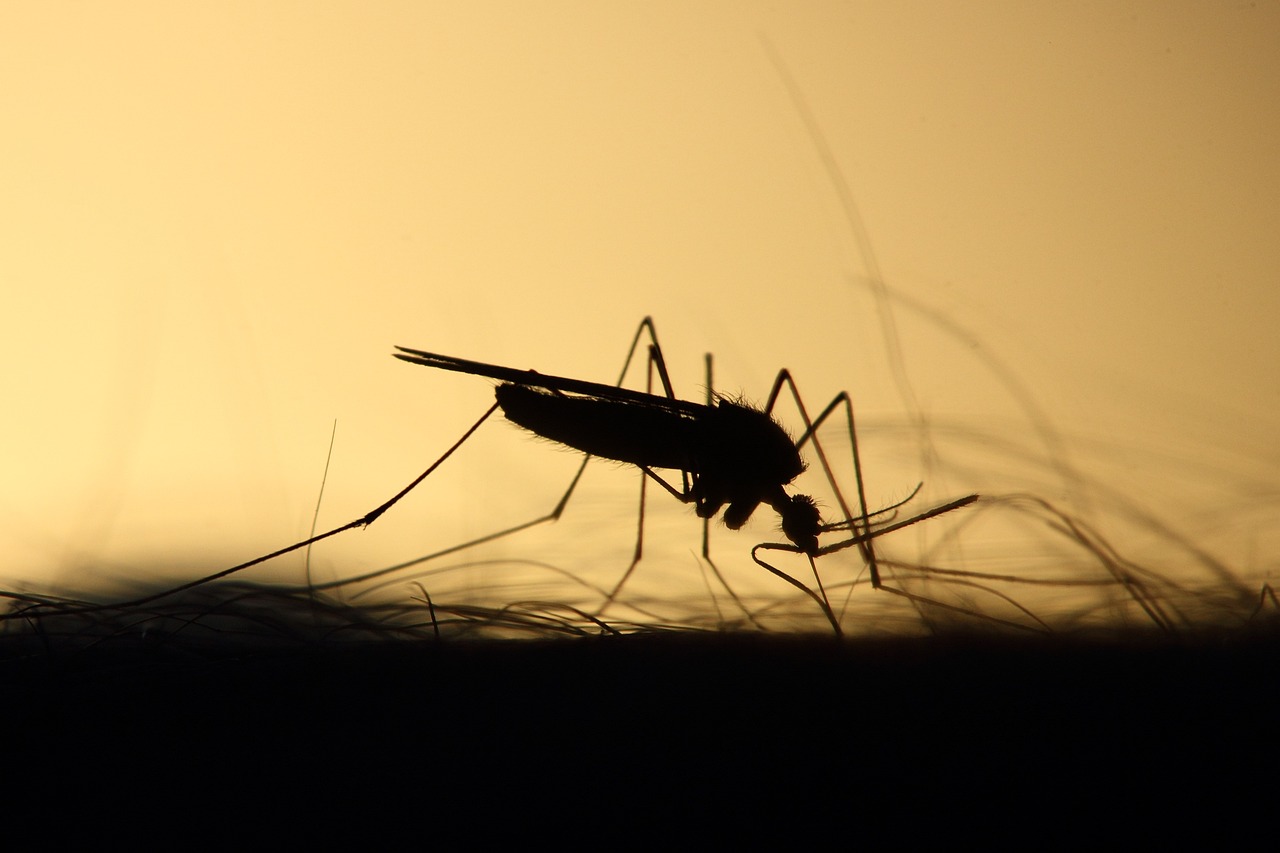Israeli researchers are developing a natural repellent that can reduce bites by 80%.
At the end of last April, the magazine PNAS Nexus published an article outlining the results of a study conducted by researchers from the Hebrew University of Jerusalem, Israel.
And it may well be that they have succeeded, even if tests must still be carried out before potential marketing, to develop a mosquito repellent finally effective.
Body odors blocked
To put it simply, the product constitutes a barrier blocking body odors and thus limiting bites. It is made up of two natural constituents, cellulose and indole.
The first is the main element of the plant cell wall, wood included. The second is an aromatic substance found in certain flowers, and its name comes from indigo, this well-known blue pigment.
“Mechanical protection”
Dr Jonathan Bohbot, a researcher at the Faculty of Agriculture, Food and Environment at the Hebrew University of Jerusalem, explains in a Euronews article:
First, it is a mechanical protection against mosquito bites through the skin. Second, cellulose acts as a chemical camouflage.
How was the test carried out? Quite simply, the researcher placed his hand in a cage in which there were 15 mosquitoes. The exposed part of the skin was covered with a layer of cellulose nanocrystals. The number of bites decreased by 80%.
Drastically reduced egg laying
And that’s not all, since cell and indole combined reduced egg laying by 99.4% after exposure to blood. According to the specialist, this union “constitutes the perfect personal protection system (…) with a long-range and long-lasting effect”.
However, testing is still needed to confirm the safety of the product for humans. And again, test it in real conditions. With researchers hoping for commercialization by 2024 at best, you’ll have to stick to conventional methods to ward off these annoyingly itchy insects, and most importantly, the potential for transmitting infectious diseases.

